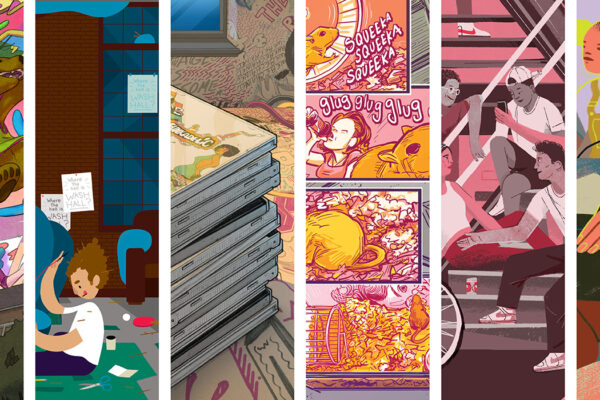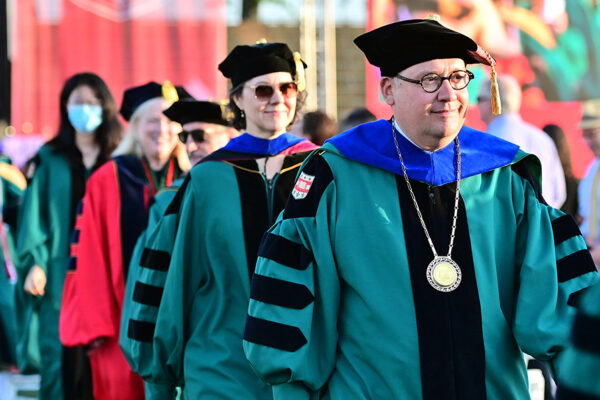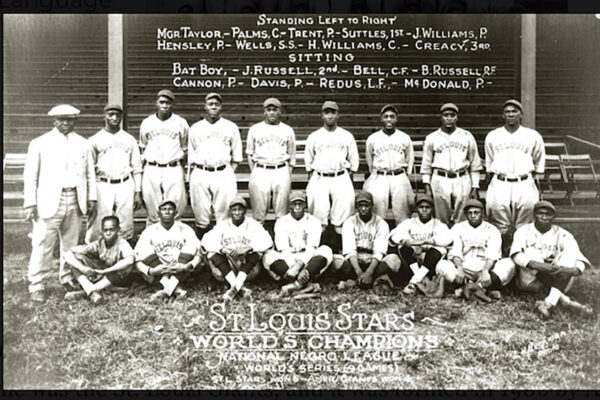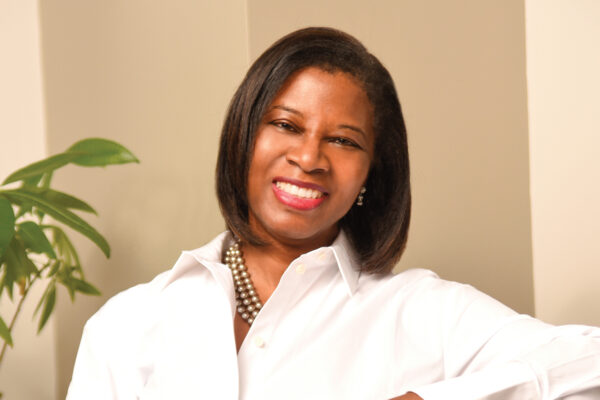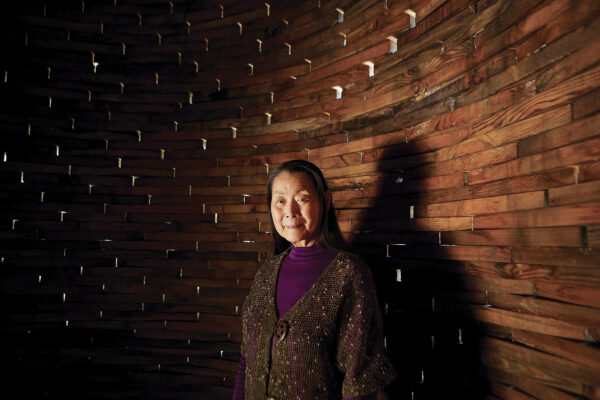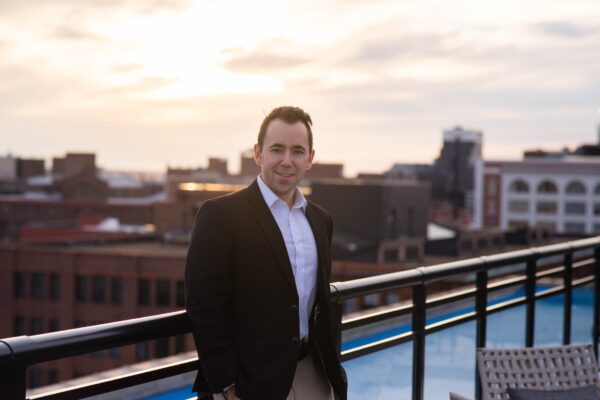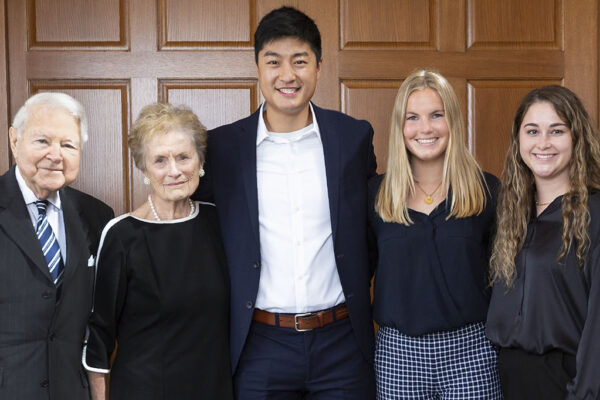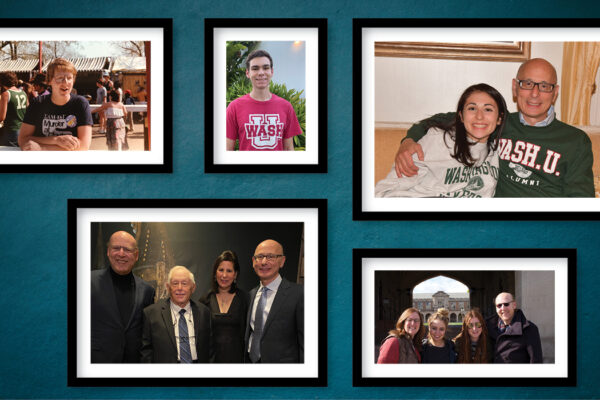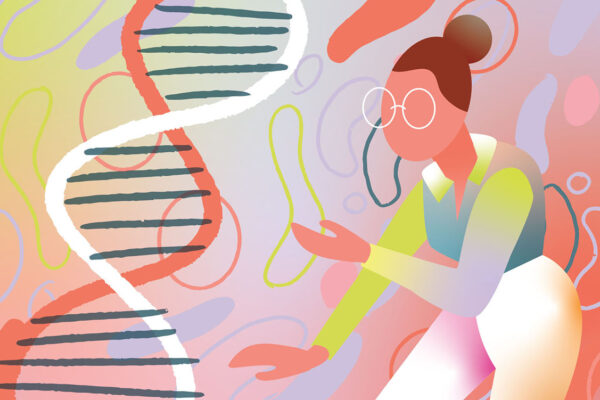Prep squad
In 2014, Washington University began the College Prep Program to help talented St. Louis students with limited financial resources thrive in college. Six members
of the first cohort just graduated from WashU.
Drawing upon memory
As they say, some memories never fade. Here, alumni designers illustrate one of of their favorites and captivate with their college recollections.
A fresh start
In his bimonthly letter to alumni, Chancellor Andrew Martin wraps up an unprecedented academic year and looks forward to the new school year beginning in a few weeks.
Preserving the Negro Leagues
Kevin Johnson has worked for more than a decade to compile statistics from the Negro Leagues, ultimately helping them secure some long-awaited Major League recognition.
The business of giving
Brenda Asare has raised billions for nonprofits by taking
a for-profit approach.
Engineering her own path
Dianne Chong studied to be a doctor but ended up in the Women in Engineering Hall of Fame.
Surviving a Syrian prison
Sam Goodwin traveled to all 193 United Nations sovereign countries from 2010 to 2019, but when he was detained at a Syrian checkpoint and put in prison, he had to dig deep within himself to keep going.
George and Carol Bauer: Leading through service
Emeritus trustee George Bauer, BS ’53, MS ’59, and his wife, Carol Bauer, believe in the power of servant leadership. Here they talk about their exemplary service to Washington University and why they established the George and Carol Bauer Leaders Academy for the Danforth Scholars Program.
WashU runs in the family
For the Glazers, family reunions look more like WashU Reunions.
University starts new program in genetic counseling
Genetic testing has become so commonplace that you can send off a swab to 23andme.com and for $200 find out your genetic health risks. The problem, aside from the fact that not all genetic testing is accurate, is that genetic test results must be interpreted.
View More Stories

